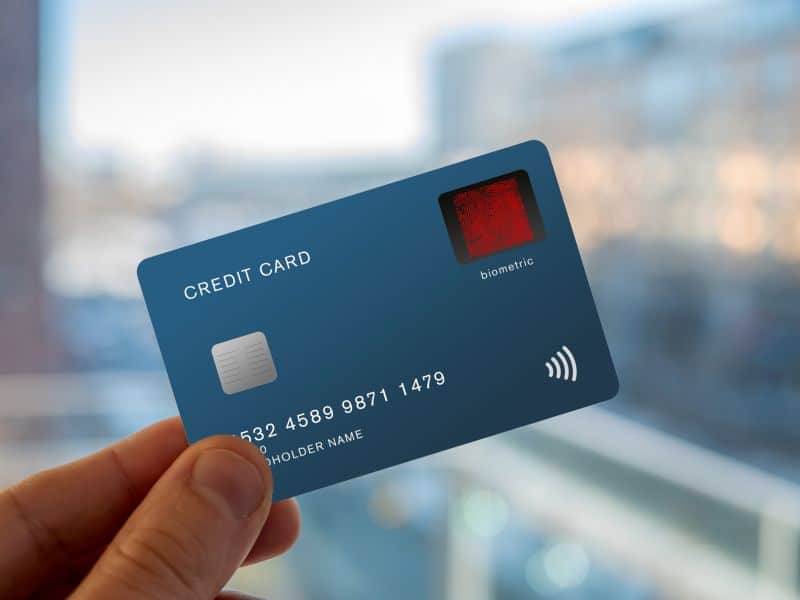
Common bank card processing charges range from 2% – 2.5% for retail businesses that swipe most of their bank card, to 2.25% to 3.50% or more for shopping as well as mail-order companies.
There are a number of variables that can dramatically impact a service’s standard handling expenses, so these general numbers must be taken with a grain of salt. If you’re interested in computing a much more exact cost standard for your company, consider the complying with variables in your computation.
How are cards processed?
Services typically refine bank card as card-present or card-not-present. As the names indicate, card-present describes the act of physically swiping a client’s bank card through a digital reader, and card-not-present describes the act of refining a card when it’s not literally existing.
Card-present services are perceived as reduced threat, so they pay lower Visa and also MasterCard interchange fees. They also have reduced equipment expenses given that third-party software or gateways aren’t needed to path deals online.
As you can see from the formerly connected interchange timetables, the typical base price for a card-present service is usually 1.60% – 1.90% relying on the mix of debit cards versus charge card, and basic credit cards versus benefit cards.
Card-not-present businesses have greater expenses due to the fact that their method of handling cards brings better risk. As necessary, they pay higher interchange costs, and additionally have actually additional prices related to third-party software application and entrance companies.
Typical interchange fees and entrance costs vary into the 2.25% – 3.00% range for card-not-present companies.
How much will your service process?
Your service’s gross credit score as well as debit card sales have a direct influence on average processing expense. Month-to-month and also yearly fees have a specifically big impact typically expenses when regular monthly processing volume is low.
For instance, a level month-to-month charge of only $10 accounts for a strong 1% of gross sales for a service that refines $1,000 a month. When other processing charges from interchange and the processor’s markup are included, the complete portion will likely be 4% – 5%.
Similarly, a company with the very same flat monthly charge of $10 that processes $10,000 a month just commits 0.10% of sales toward paying the cost.

How much is your organization’s typical sale?
Your service’s ordinary sale amount has a substantial effect on charge card processing fees. Factor being is that smaller sized typical sale sizes cause a majority of deal charges. On the other hand, larger ordinary sale quantities cause a lot reduced deal charges.
In the case of card-not-present services that pay deal charges via interchange, to processors and also to portal suppliers, the effect on cost is considerable.
Tiny average tickets for card-present businesses will certainly have much less of an effect, but still enough to be a considerable factor in ordinary price.
A common all-in purchase charge is $0.20 – $0.30 for card-not-present organizations, as well as concerning $0.15 – $0.20 for card-present organizations.
Multiply the variety of average monthly transactions for your organization by the above typical deal cost to identify the influence of general expense.
How much will the cpu obtain?
Charge card processors use 2 basic sorts of valuing plans called packed and also interchange travel through. The latter of both, interchange travel through, is typically considered cheaper as well as extra clear than bundled prices.
If you’re currently utilizing, or begin using a processor that uses tiered pricing, you will typically pay a greater markup, and also will as a result have higher total charge credit card processing costs.
Luckily, it’s pretty very easy to discriminate between bundled and also tiered pricing. A bundled pricing system will certainly have a qualified, mid-qualified and non-qualified rate together with a flat transaction fee. An interchange go through rates scheme will have a single, reduced rate such as 0.30% along with a flat transaction charge.

